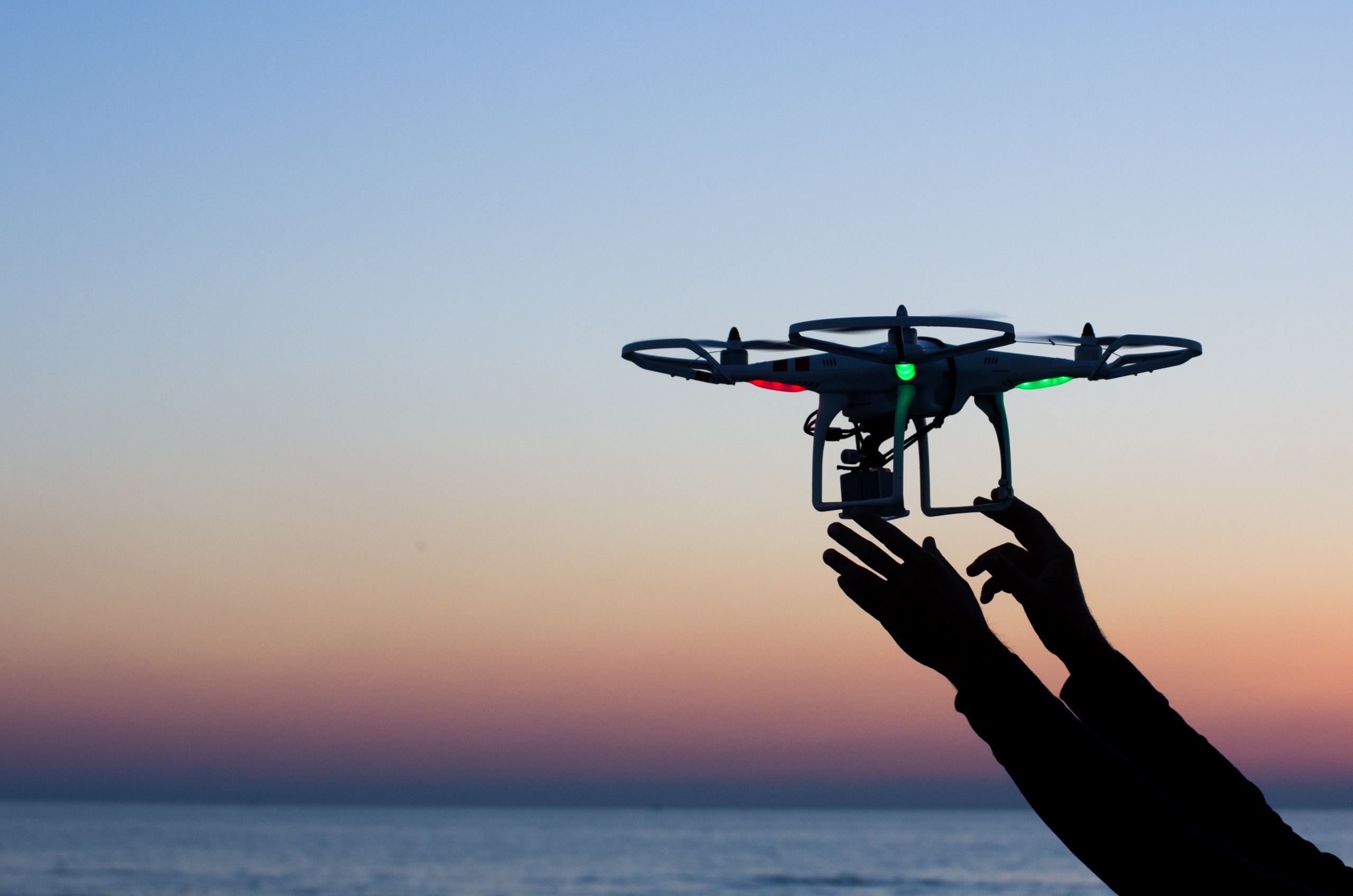Pushing for the “safe and secure” integration of unmanned aircraft systems (UAS) into U.S. airspace, the Commercial Drone Alliance has laid out its legislative priorities for 2018.
Among the top priorities for the organization: common sense regulation for hobbyist drones and quicker action on drone flight over people, BVLOS flight, and support for UTM (Unmanned Traffic Management) implementation.
The alliance says Congress should support the following actions in the upcoming Federal Aviation Administration (FAA) Reauthorization bill or other legislation:
- Eliminate or amend the Section 336 “loophole” of the FAA Modernization and Reform Act. The alliance says the “outdated” Section 336, which “carves out qualifying model aircraft from regulation entirely,” is a threat to the “safety and security of the airspace,” especially for implementing remote ID and tracking “in a sensible way.”
- Direct the FAA to require remote ID for all UAS over 250 grams; this includes recreational UAS.
- Direct the FAA to “swiftly implement” a rule for “low-risk” drone operations taking place over people.
- Direct the FAA to allow for beyond visual line of sight (BVLOS) operations in a safe and timely way.
- Direct the FAA to “streamline and improve” the waiver process for operations taking place beyond the parameters of Part 107 (e.g., night flying or flying over people). The alliance says, “As the FAA itself recently admitted, the waiver process is limping along. Most of the waivers that have been granted are night waivers, with a long line of waiver applications waiting in a queue.”
- Direct the FAA to implement a “Trusted Operator” program for “streamlined permitting and operational procedures” for commercial drone operations.
- “State the sense” of Congress’ support of a UAS traffic management (UTM) system and its “timely implementation.”
- Make sure UAS programs and “relevant agency offices” are funded and staffed in order to fulfill these initiatives.
The Commercial Drone Alliance, advocating for the adoption of commercial drone use in the U.S. and overseas, says that regulations have created a challenging environment for US-based companies.
“While there has been some progress made over the last few years to integrate commercial drones into the National Airspace System, much work remains to be done,” said Lisa Ellman, Co-executive Director, Commercial Drone Alliance. “Congress can play a critical role moving transportation innovation forward in a way that is safe and secure. The Commercial Drone Alliance is pleased to collaborate with lawmakers to promote specific high-impact initiatives that will remove barriers to UAS integration.”


